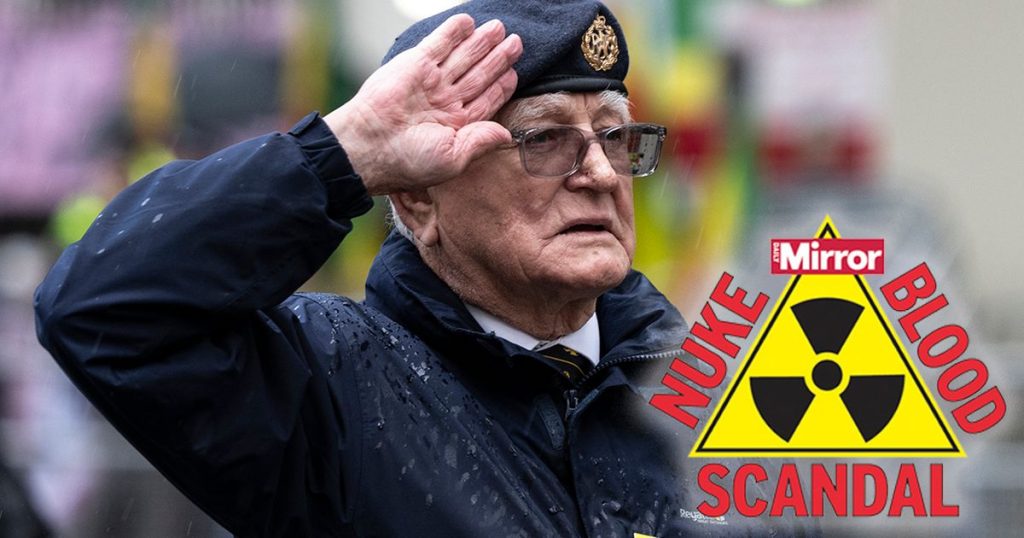The Government has announced the urgent release of 4,000 pages of secret files about blood and urine experiments conducted on British troops during the Cold War. These documents are expected to reveal details about medical testing that occurred during the nuclear weapons tests and other experiments. The release of these files comes after the Mirror revealed the existence of records at the Atomic Weapons Establishment and veterans served legal papers on the Ministry of Defence demanding access to the information. The documents were previously classified as a risk to national security and locked away, but Defence Minister Andrew Murrison has decided to publish them in full.
The upcoming release of the documents is anticipated to expose the truth about the blood and urine testing of troops during the Cold War, a scandal that has been ongoing for years. Around 22,000 troops were involved in nuclear bomb tests and radiation experiments in Australia and the Pacific, leading to various health issues such as blood disorders, rare medical conditions, and birth defects. The blood tests detailed in these files could prove whether radiation exposure caused these health problems and potentially lead to compensation claims amounting to millions of pounds. Campaigner Alan Owen likened the significance of these files to uncovering vital state secrets and emphasized the importance of their release in addressing this long-standing scandal.
A legal claim filed by veterans seeks access to their missing medical records, with lawyer Jason McCue leading the effort. The Ministry of Defence has been reluctant to provide information or acknowledge the existence of certain tests in the past. Efforts by veterans and families to obtain blood tests have been met with refusals, and medical records have been redacted or withheld. The scheduled release of the secret documents is expected to shed light on the extent of the testing, the involvement of different branches of the military, and the potential cover-up of medical records. A public inquiry has been suggested as a way to efficiently uncover the truth and address the concerns of affected veterans.
The unfolding of the ‘nuked blood’ scandal has raised questions about the government’s handling of the situation and the extent of their knowledge of the medical testing conducted on troops. The revelation of instructions for blood tests and the existence of memos detailing irregularities in the testing process have highlighted the lack of transparency and accountability in dealing with this issue. The response of Defence Minister Johnny Mercer to questions about the missing medical records and cover-up allegations has been met with skepticism by veterans and families seeking answers. The imminent release of the 4,000 pages of secret files is expected to bring clarity and potentially enable those affected to seek justice and compensation for their suffering.
The upcoming release of the secret documents is seen as a pivotal moment in the quest for justice for veterans who were part of the nuclear weapons tests and radiation experiments during the Cold War. The potential implications of these files becoming public include validating the health concerns of affected individuals, providing evidence for compensation claims, and holding the government accountable for its actions. The involvement of various government agencies, the military, and medical personnel in the testing processes, as indicated by the documents, could raise further questions about ethical standards, accountability, and transparency in such operations. The scrutiny and revelations stemming from the release of these files may lead to wider discussions about the legacy of the Cold War and its impact on those who were unwittingly involved in its experiments.


